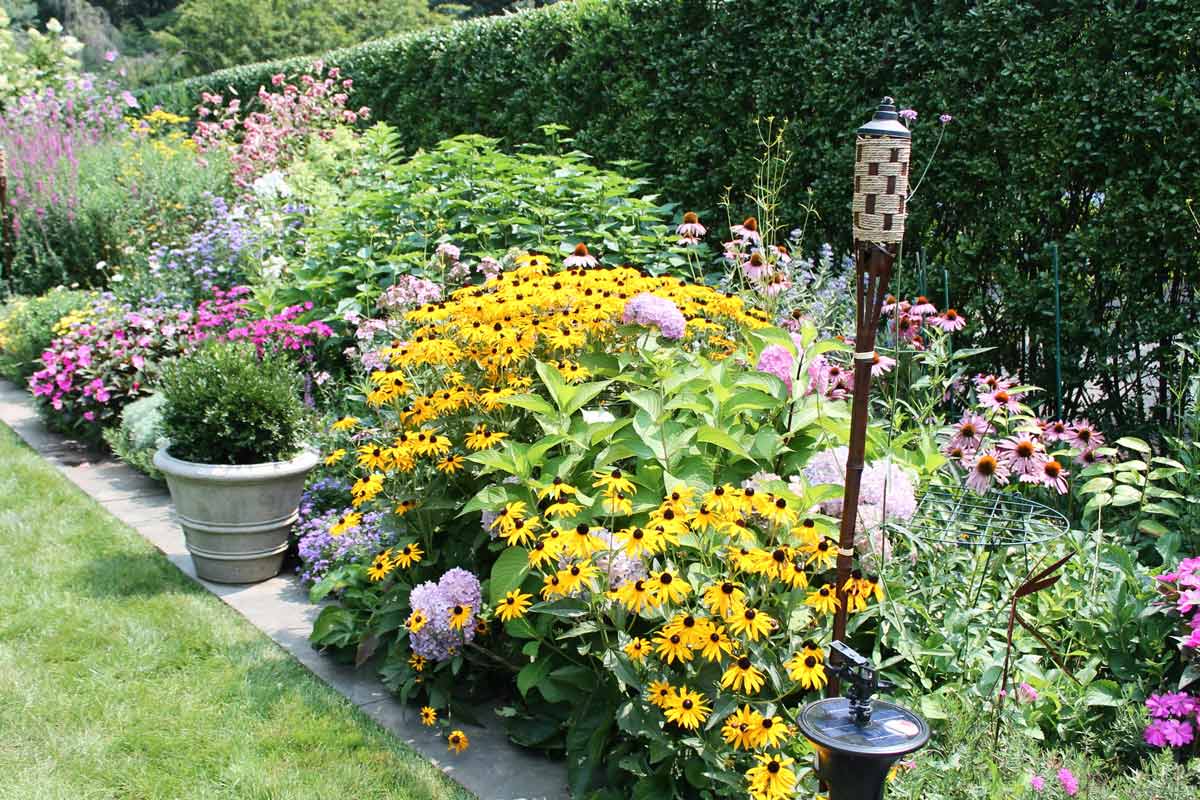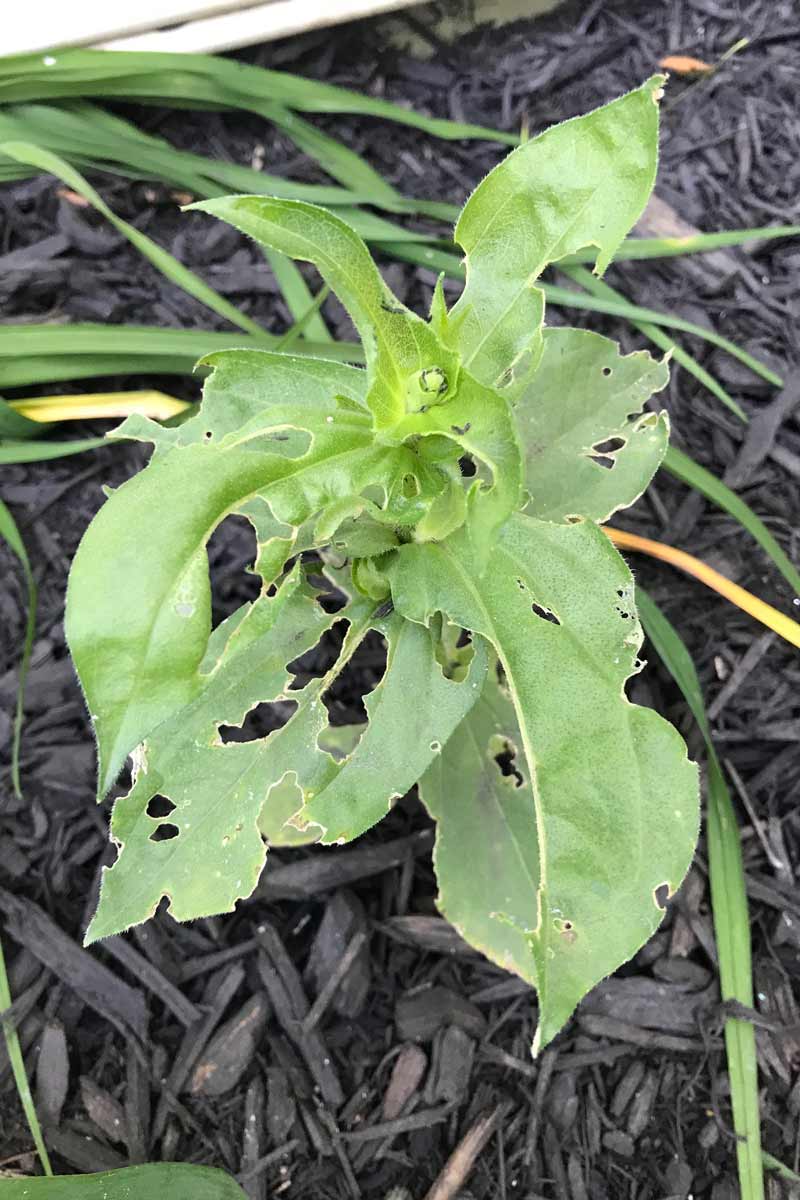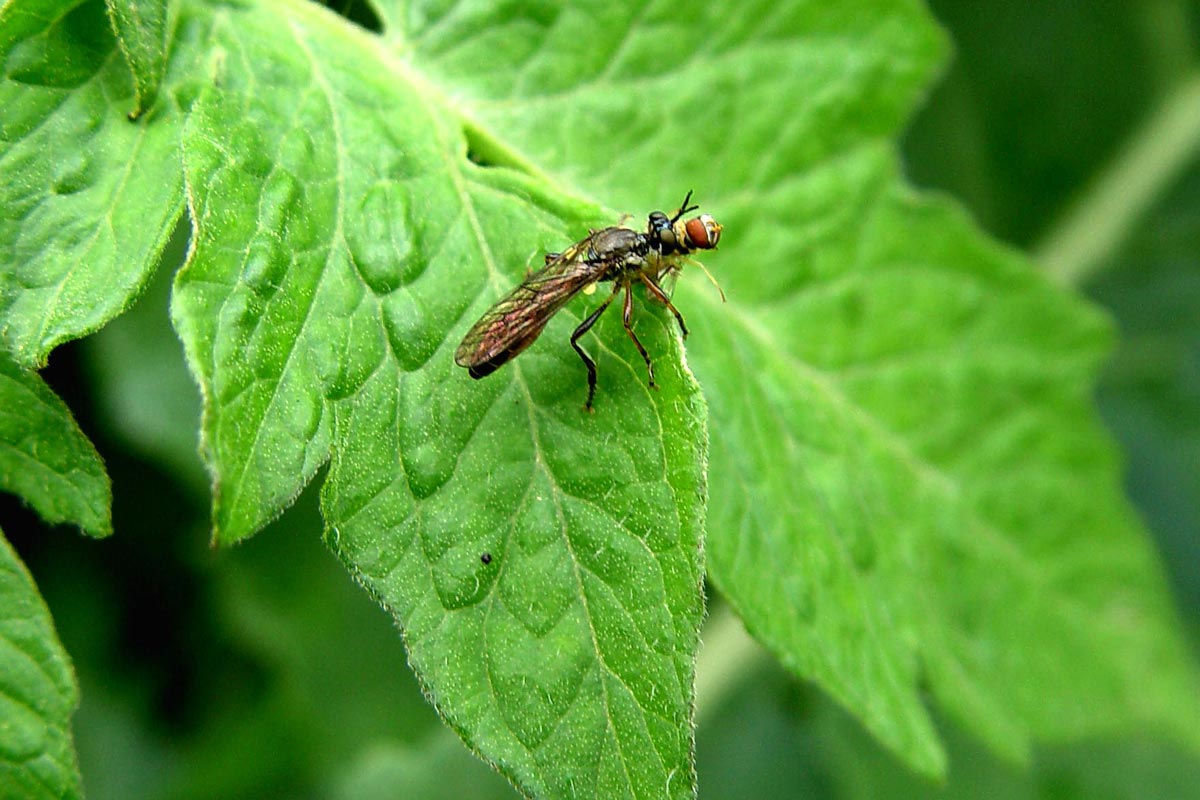How it Works: Preen Garden Weed Preventers
Here's how our Garden Weed Preventers prevent weeds before they even sprout rather than killing them after they’ve already had the chance to grow.

Landscapes with good diversity are havens for beneficial and predator insects that help keep the pest bugs under control. George Weigel
Frustrated by bugs eating your plants?
If so, your gut reaction may be to grab the sprayer. But, a better option might actually be to plant more plants. That bit of seemingly backwards logic relates to nature’s ability to sort things out on its own by using predatory and beneficial insects to keep the so-called “bad bugs” under control.
A wider diversity of plants gives habitat and food to more bug species, most of which are harmless and non-destructive, some even beneficial. Entomologists have found that more diverse or complex landscapes house far more beneficial and predatory insects than simple landscapes that contain few plants of limited diversity.
Plant-damaging bugs often get the upper hand when people intervene with sprays to kill them off. Insecticides typically kill more than just the targeted bug, knocking out the good and harmless ones along with the unwanted target.
Since the good predators need pests as their food to survive and thrive, the pests generally make a comeback first. This can set up a scenario where the gardener now faces repeated spraying to keep the pests under control.
Pest bugs can also flare up and cause trouble when they’re newly introduced to an area, such as has happened in recent years with brown marmorated stink bugs, emerald ash borers, and Asian long-horned beetles. Until predators follow, new bugs can do widespread damage.
One of the key strategies to help with bug damage in the garden is to move away from the belief that anything that crawls or flies is a threat and that the solution is to routinely spray everything just in case.
Much bug damage to plants is cosmetic and temporary, typically going away once the bugs move on to the next stage of development or are short circuited by predators. So, becoming more tolerant of plant imperfections is a quick (and free) fix.

As you can see, the lower leaves on this plant were eaten, but the new growth at the top of the plant is coming in just fine.
If you do choose to use insecticides, reduce their use by focusing on the relatively few bugs that either threaten to kill plants or cause harm to people. Here are some ways insecticides can help to control pests:
Whether you choose to use insecticides or not, remember: a healthy landscape is actually one with a lot of insects... and a lot of different plants. So plant more plants of more species – including native species, and choose a pest control method that works best for your specific needs.

This might look like plant trouble, but this bug is actually a predatory wasp on patrol for a pest-bug meal. George Weigel